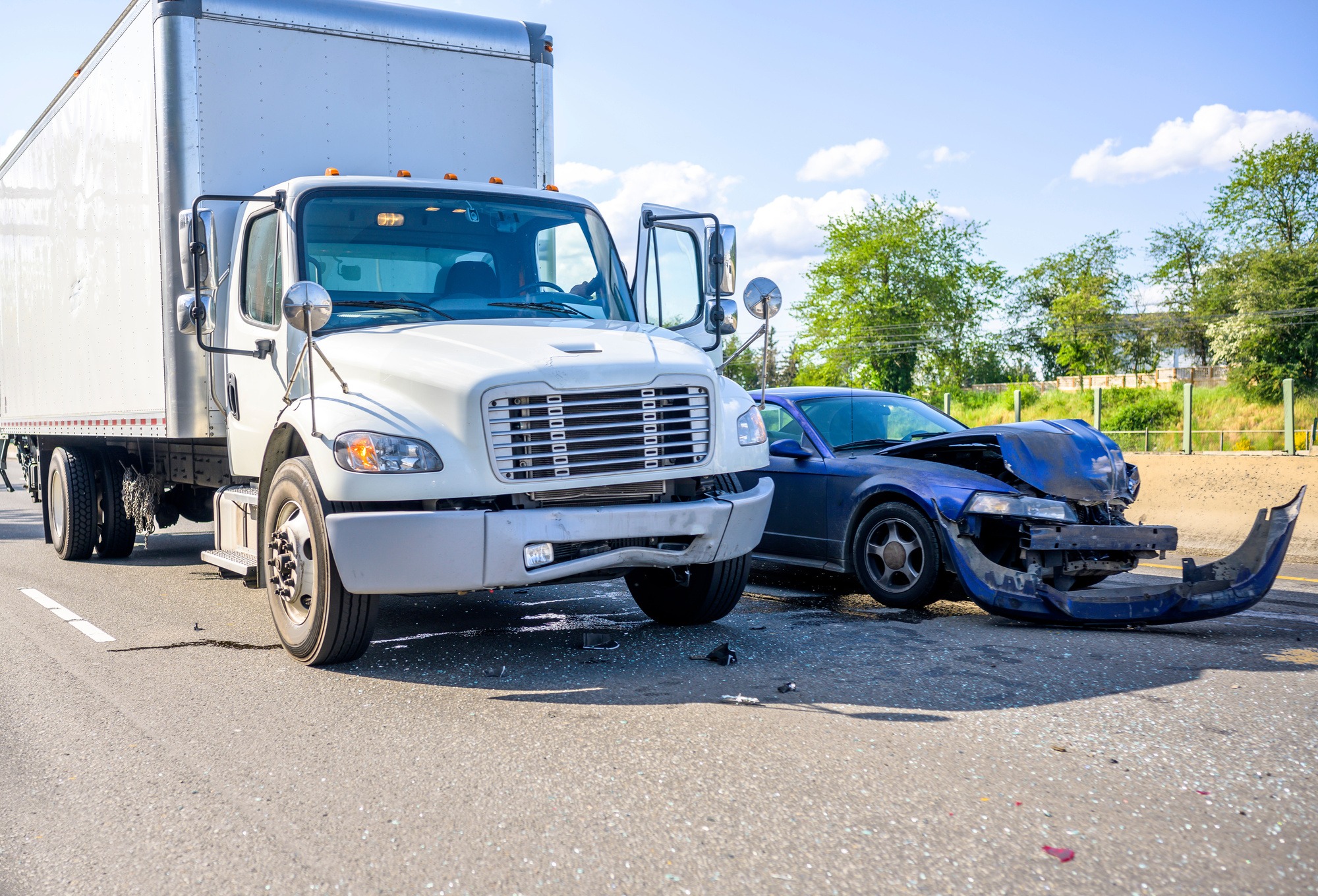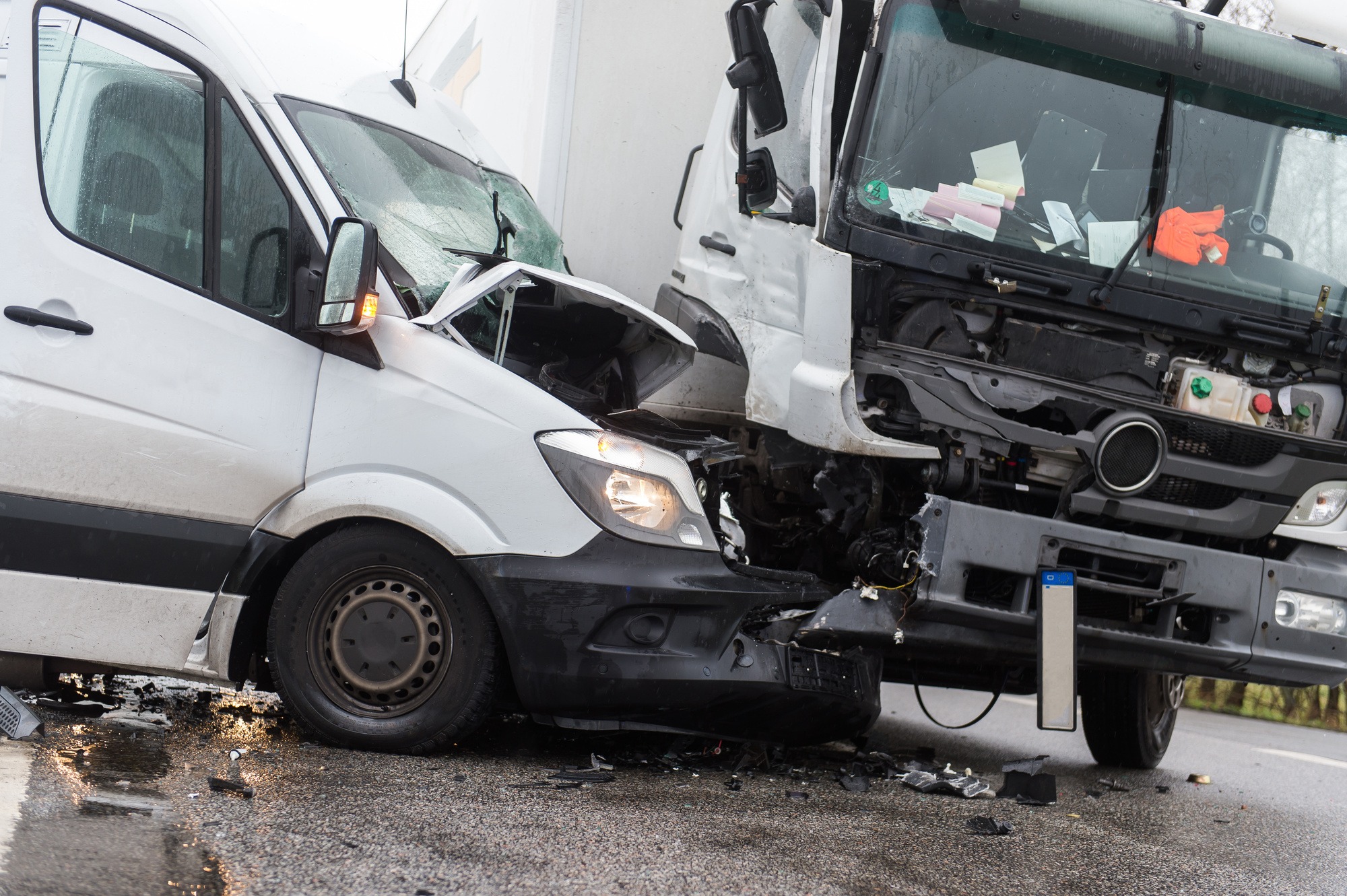Considering the underlying factors in a truck accident makes it difficult to know who’s at fault. The truck driver could be under strict instructions to follow road safety rules given by the company. In such an example, the company can be responsible for providing misguided scope to the driver.
On the other hand, the driver can be negligent and overlook vehicle maintenance requirements, such as taking the truck for service when it’s due or ignoring the rest regulation. The liability rule can come into effect and highlight the driver as the one at fault. Evaluating the accident event can be challenging, requiring experienced lawyers to decipher the laws surrounding accidents. Karlin Fleisher & Falkenberg LLC can help you to determine who to charge by looking at all aspects of the track accident case.
This article looks at potential considerations that can determine who takes the defendant seat in truck accident cases.
The Truck Driver
Accident investigators will want to evaluate the scope guiding truck driver operations. Carrier company rules and regulations on road safety are the primary considerations for determining whether the driver is responsible for the crash. If the driver intentionally caused the accident, they are financially liable to settle the damage. However, the carrier takes the blame and may have to bear the cost of the accident.
Here are some events that can make a truck driver responsible for the damage caused in an accident:
Independent Contractor
Due to the job title, the nature of the driver engagement is prescribed and will most likely require the truck driver to obtain their insurance. Such considerations can mean that the contract limits the agreement between the carrier and the driver. So, the driver can take the fault in a truck accident. If the company provided the truck and the insurance cover, the company would respond to the accident claims lodged by the complainant.
Driver Negligence
The driver’s judgment and behavior on the road can determine who takes the accident liability. If the accident occurred due to recklessness or the driver was intoxicated by alcohol or a controlled substance, they’re culpable and can take the defendant’s stand. However, the initial report and accident scene investigation can highlight that the cause was negligence by the truck driver.
Rogue Use Of Carrier Truck
A driver can violate the carrier rules and regulations and transport unauthorized goods or use the truck for personal business. Should an accident occur involving the truck, the driver can take responsibility and bear the financial burden to settle the claims by the complainant.
Owner Driving The Truck
Carriers can sometimes struggle with human resources, and company owners can decide to take up the truck driving responsibility. If they’re involved in an accident with the truck by a stroke of bad luck, the owner can stand trial for claims lodged by the accident victims.
The Carrier Company
Trucking companies must ensure that their fleet is roadworthy at all times. It may mean taking the vehicles for inspection when it’s due. If you ignore the service call signs, such as gear jams or blown airbag breaks, your company is operating a ticking time bomb. Below are some issues that can place truck accident responsibilities on your carrier company.
Incompetent Truck Drivers
In most truck accidents, the driver directs the complainant to the carrier. And the law can come with compensation claims to settle the matter. If your truck drivers are negligent while on the road, they can be troublesome to your company’s operations. Also, the drivers have a responsibility to ensure that they update the truck maintenance record. They must take the prescribed rest breaks for a long journey to beat fatigue. The liability rule will seek clarification on why your company hired incompetent personnel to drive your trucks.
Bad Trucking Practices
Accountability in the trucking business stems from recruitment and vehicle maintenance. You can hire drivers with bad driving records or ignore their driving history and give them unroadworthy trucks without insurance. In addition, you’d want to fulfill your orders in large volumes and push the drivers to overlook the hours-of-service regulations. The carrier will bear the liability if an accident occurs due to such working conditions.
Conclusion
There are many underlying angles to determine whether a truck driver or the company is responsible for a crash. The driver can be at fault for ignoring the road safety rules and regulations that your company formulated. On the other hand, your company could have an unroadworthy fleet for the trucking business. Such considerations make determining who’s liable in a truck accident challenging. Moreover, other compensation claims, such as product liability claims, can pop up due to the parts used to service the trucks.
If you get hurt in a truck accident, it’s prudent to seek legal advice before settling for compensation from a truck driver or the company. It’ll help you to get a reasonable settlement of the matter when presented to the court.


